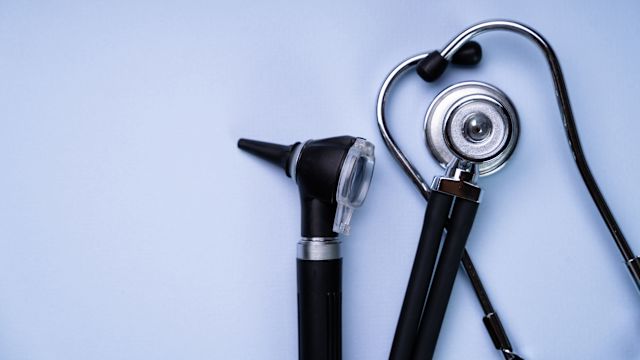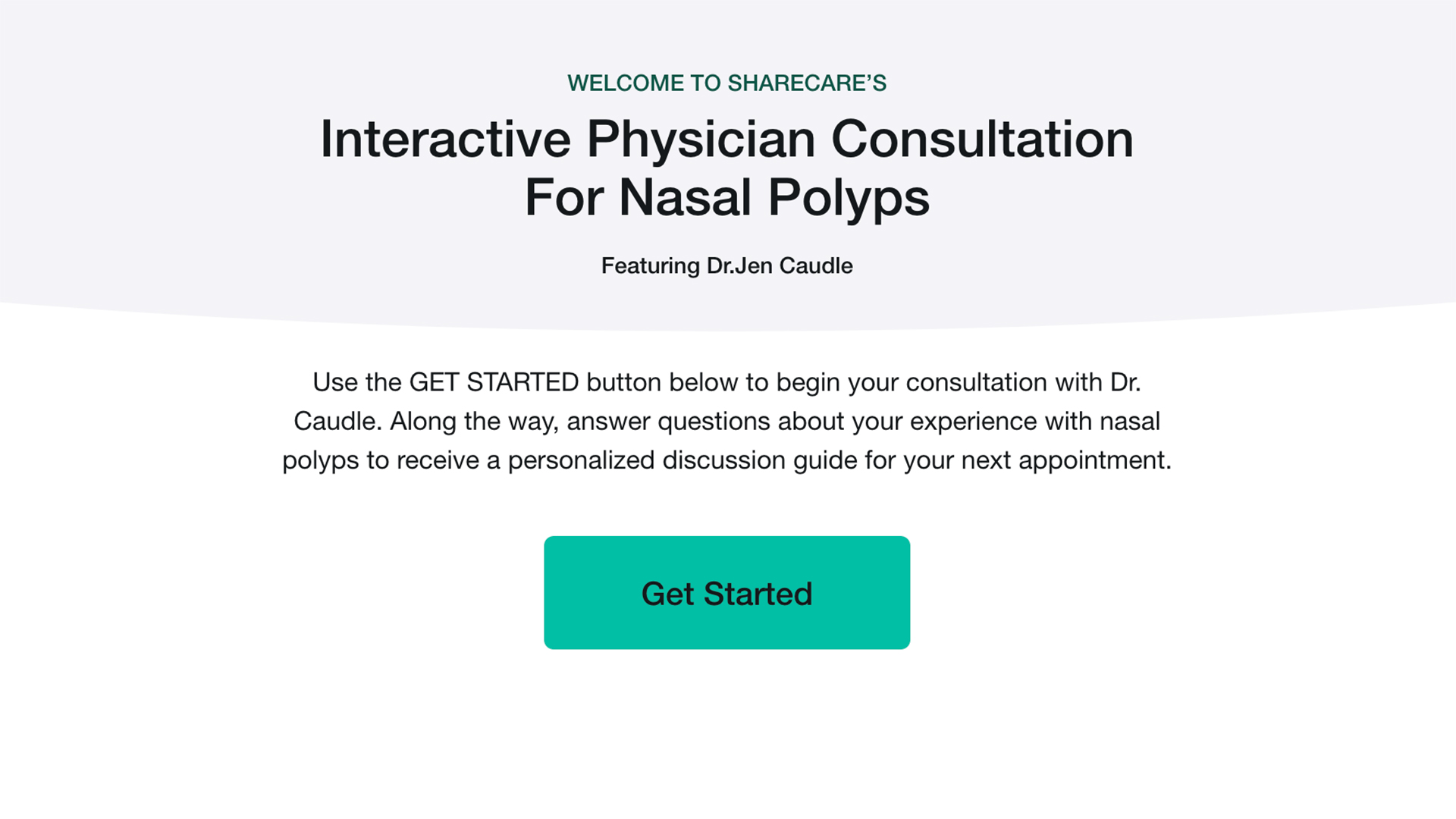Nasal polyps are non-cancerous growths that can form inside the nasal cavity and sinuses. Polyps can vary in size and may form clusters that are sometimes described as looking like “a bunch of grapes.” Smaller and fewer polyps may not cause symptoms. Large polyps and a larger number of polyps can block the nasal passages and cause a variety of symptoms and problems.
Nasal polyps are thought to be caused by inflammation in the tissues that line the inside of the nose and sinuses. However, it is not known why some people develop nasal polyps and others do not. It is known that nasal polyps are common, especially among people who have certain health conditions—allergies, asthma, chronic sinus infections, aspirin-exacerbated respiratory disease (AERD).
If you have nasal polyps, here’s a look at the areas of the body that are affected, the healthcare providers that treat nasal polyps, and the tests and exams that are used to diagnose nasal polyps.
Nasal passages and sinuses
One of the keys to understanding any condition is understanding the parts of the body that are affected by that condition. In the case of nasal polyps, these are the nasal passages and sinuses:
- Nasal passages. The nasal passages are the hollow spaces inside the nose. Air moves through these spaces as a person breathes. The nasal passages are lined with mucus membranes and hairlike structures called cilia, which help protect the body from irritants and disease-causing pathogens. The nasal cavity also contains the olfactory membranes, which provide us with our sense of smell.
- Sinuses. This refers to the paranasal sinuses, air-filled sacs in the bones of the face surrounding the nasal cavity. Like the nasal cavity, the sinuses are lined with mucus membranes and cilia that protect the body from irritants and microorganisms.
Nasal polyps can block and disrupt the normal functioning of the nasal passages and sinuses. This can contribute to problems including chronic sinus infections, difficulty breathing, sleep apnea, and asthma attacks (for people who have asthma).
Specialists, tests, and diagnosis
Diagnosis and treatment for nasal polyps may begin with a primary care provider. Your primary care provider may refer you to a specialist called an otolaryngologist.
An otolaryngologist is also known as an ENT, for “ear, nose and throat.” ENTs treat a wide variety of conditions related to these regions of the body. ENTs also perform surgical procedures involving this area of the body. An appointment may include:
- Physical exam. Diagnosing nasal polyps will include a physical exam. In some cases, a healthcare provider will be able to see polyps by looking into the nose with a lighted instrument.
- Medical history. You should also be prepared to answer questions about your medical history, including history of infections, other health conditions you have, and all medications you take, including over-the-counter medications and supplements.
- Quality of life. You should also be ready to talk about how nasal polyps and the symptoms you are experiencing are affecting your quality of life.
Your healthcare providers may order tests to diagnose nasal polyps and determine the size of the polyps and how far polyps have spread throughout the nasal passages and sinuses. These tests may include:
- Nasal endoscopy. During this procedure, a thin, flexible tube with a light and a camera lens (called a nasal endoscope) is inserted into the nostril and guided into the nasal passages and sinuses.
- Biopsy. A nasal endoscope can also be used to collect a tissue sample from the polyps. This sample is then examined in a lab. This can help distinguish between nasal polyps and other conditions, including cancer.
- CT scan. A computed tomography scan is an imaging test that uses X-rays. CT scans are useful in examining soft tissues and finding abnormal structures. A CT scan can help pinpoint the locations of nasal polyps and determine the size of polyps. More imaging tests can be ordered, if needed.
Your healthcare providers may also order allergy tests and blood tests. All of this information will be used to help determine the best approach to treatment. Treatment for nasal polyps often starts with nasal corticosteroids, nasal saline rinses, and topical antihistamines. It may also include short courses of oral corticosteroids, surgery to remove nasal polyps, and biologic drugs, which act on the immune system to control inflammation.
As always, your best source of information about your diagnosis and your treatment options will be your healthcare providers.





